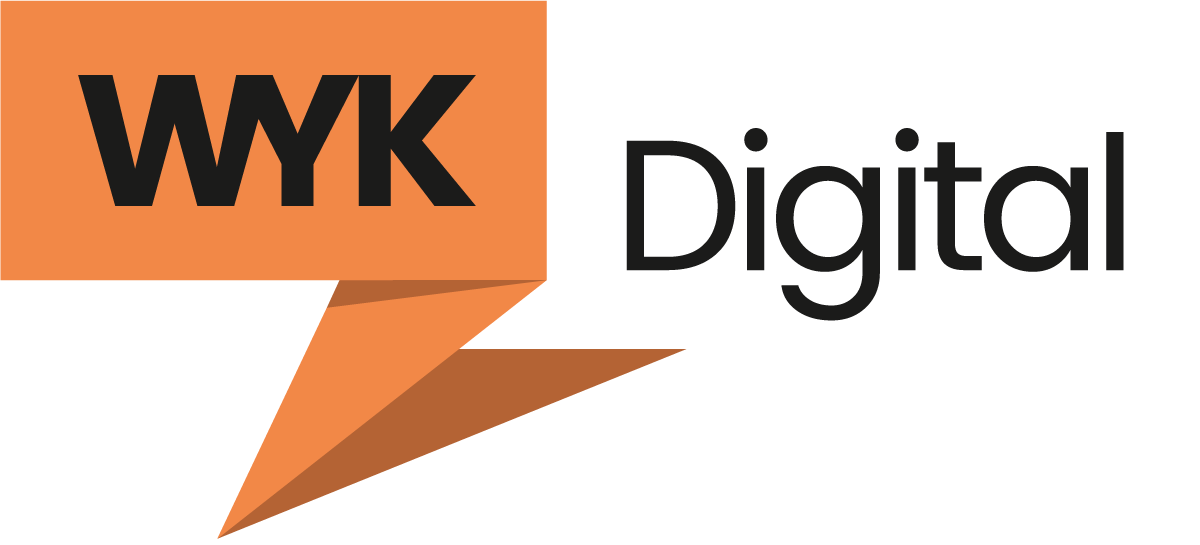WYK Digital Safeguarding Policy
1. Policy principles
1.1 Safeguarding is everyone’s responsibility; we are committed to creating and sustaining a culture of vigilance among our staff and students to recognise, respond, record and report safeguarding concerns and provide a proportionate response.
1.2 It is not our responsibility to make judgements about safeguarding concerns reported, but to ensure they are processed and referred on, as appropriate.
1.3 Information and data received as part of safeguarding concerns are handled in confidence and on a need-to-know basis.
1.4 Wherever possible or appropriate, we seek the consent of the subject of a safeguarding concern in order to share their information with an external agency, for example, a social services department.
1.5 This safeguarding policy is updated in line with changes to relevant legislation and best practice across the sector, in addition to the annual policy review cycle.
2. What to do if you are concerned about the safety or welfare of a child or vulnerable adult
Someone may disclose something which triggers your concern in a variety of settings, such as in a conversation, in a written assignment or a posting on a forum.
• Listen to what they are saying to you calmly so as not to make them more anxious.
• Respect the person’s right to privacy but do not promise confidentiality - say that you may have to pass on information if a child or vulnerable person is at significant risk of harm.
• Reassure the person that they have done the right thing in telling you this information.
• Make notes as soon as you can, using the exact words that you can remember.
• If you are concerned that a child/young person/vulnerable adult is in possible immeadiate danger, please take action to ensure their safety by contacting the Emergency Services by telephoning 999.
• Email an outline of the situation and the contents detailing your concern to Rob@wykdigital.com
3. Allegations against staff
3.1 Any allegations of abuse involving a member of staff will be taken seriously by WYK Digital. A student can report an allegation about a member of staff to Rob Jackson or a any Princes Trust member of staff
4. Students under the age of 18
4.1 WYK Digital is mindful that some modules may contain material or require work experience in a particular field which is unsuitable for students who are under the age of 18 and that some modules leading to professional qualifications may stipulate minimum requirements relating to age.
4.2 No images in any format will be circulated or stored by staff involving students under the age of 18 without first gaining explicit written informed consent of those involved and their parents/guardians/carers.
5. Data protection
5.1 Under WYK Digital’s Safeguarding duty, all staff must report any safeguarding concerns. Whilst measures will be taken to protect individuals’ privacy on a need-to-know basis, confidentiality levels will be managed because of the requirement to report and investigate safeguarding concerns
5.2 WYK Digital keep electronic records of referrals/concerns securely and confidentially on a encrypted server and in hardcopy with restricted access, in accordance with data protection guidelines. Data held is retained for a specified period and is shared on a need-to-know basis.
Policy created March 2020
Policy review March 2022
Glossary of Terms/Definitions
Child
A child is a person who is under the age of 18 (or under 16 in Scotland). The fact that a child has reached 16 years of age, is living independently or is in Further/Higher education does not change their status for the purpose of this Policy.
Vulnerable Adult
A vulnerable adult is a person aged 18 or over (or aged 16 or over in Scotland) who is, or may be, in need of services by reason of mental or other disability, age or illness, and who is, or may be, unable to take care of themselves, or unable to protect themselves against significant harm, abuse or exploitation, including being drawn into terrorism.
Definitions of abuse
These are not exhaustive and it is worth noting that all the forms of abuse listed below are rarely found in isolation.
Abuse
A form of maltreatment. Somebody may abuse or neglect a child/vulnerable adult by inflicting harm or by failing to act to prevent harm. Children/vulnerable adults may be abused in a family or in an institutional or community setting by those known to them or, more rarely, by others (e.g. via the internet).
Physical abuse
A form of abuse which may involve hitting, shaking, throwing, poisoning, burning or scalding, drowning, suffocating or otherwise causing physical harm to a child.
Emotional abuse
The persistent emotional maltreatment of a child/vulnerable adult such as to cause severe and adverse effects on the victim’s emotional health.
Sexual abuse
Involves forcing or enticing a child or vulnerable adult to take part in sexual activities, not necessarily involving a high level of violence, whether or not the victim is aware of what is happening.
Neglect
The persistent failure to meet a child or vulnerable adult’s basic physical and/or psychological needs, likely to result in the serious impairment of the victim’s health or development.
Domestic abuse
An incident or pattern of incidents of controlling, coercive, threatening, degrading and violent behaviour, including sexual violence, in the majority of cases by a partner or ex-partner, but also by a family member or carer.
Financial abuse
The use or misuse of money by a perpetrator which limits or controls their victim’s current or future actions and their freedom of choice.
Discriminatory abuse
A misuse of power that denies opportunity to a group or individual, usually motivated by the victim’s age, gender, sexuality, disability, religion, class culture, language, race or ethnic origin.
Modern Slavery
Trafficking or modern slavery is defined by the United Nations Palermo Protocol (UN 2003) in three phases:
• recruitment or acquisition of a man, woman or child
• means, i.e. through the use of force, deception, or coercion
• purpose, i.e. for the purpose of exploitation or forced labour.
